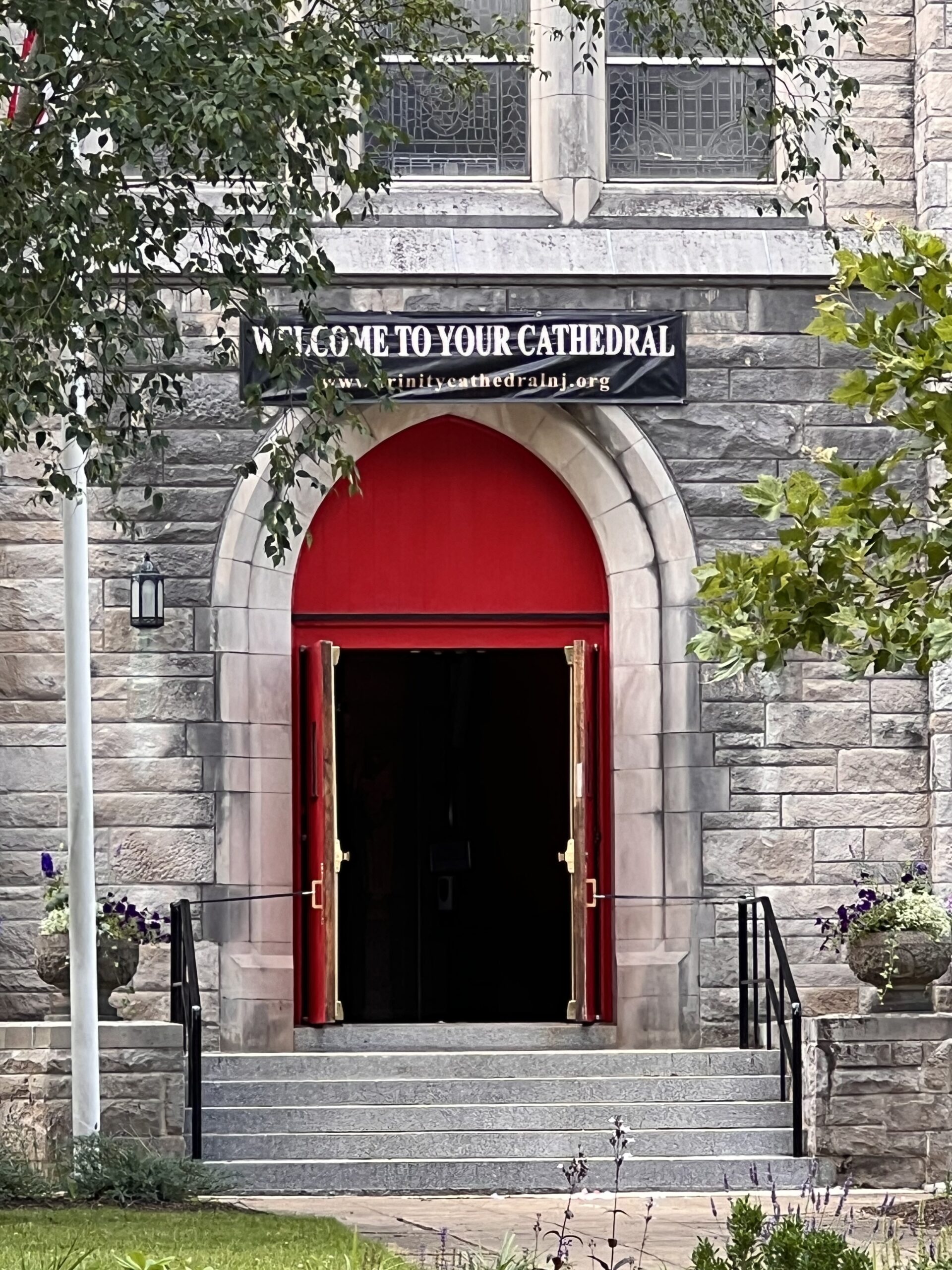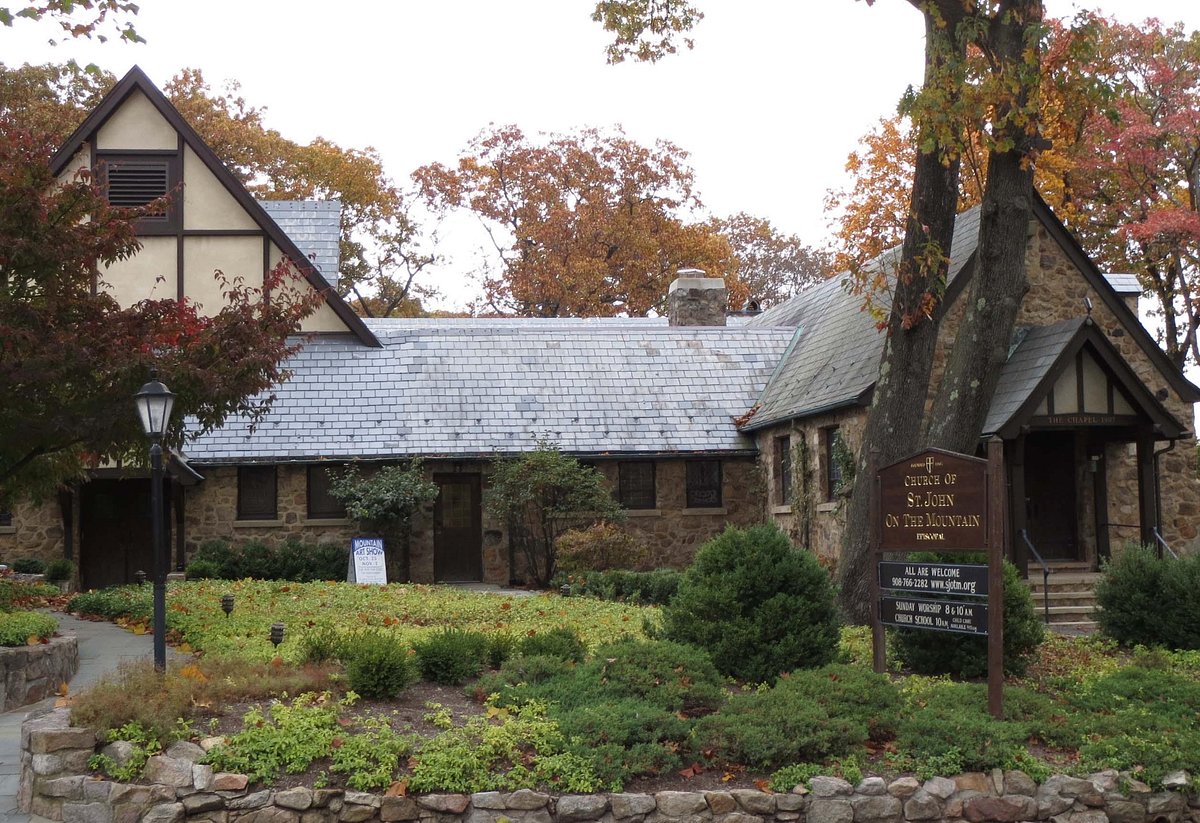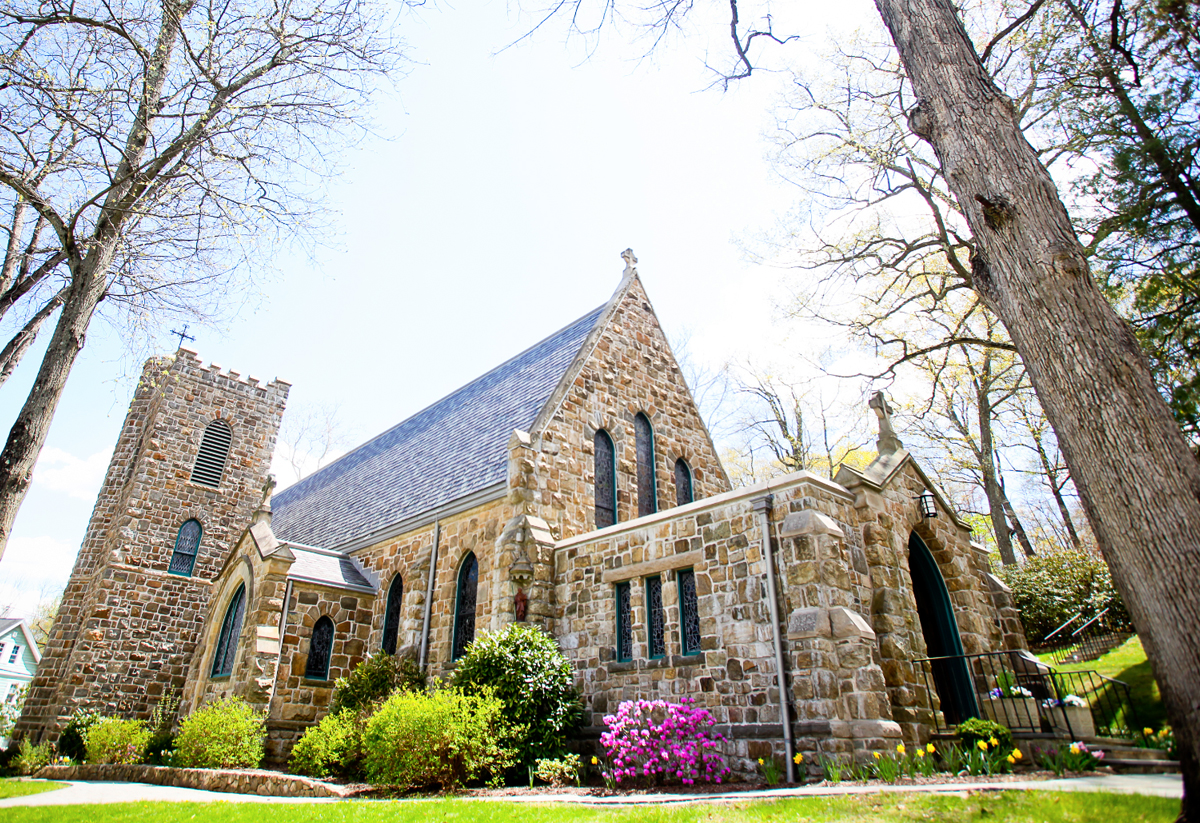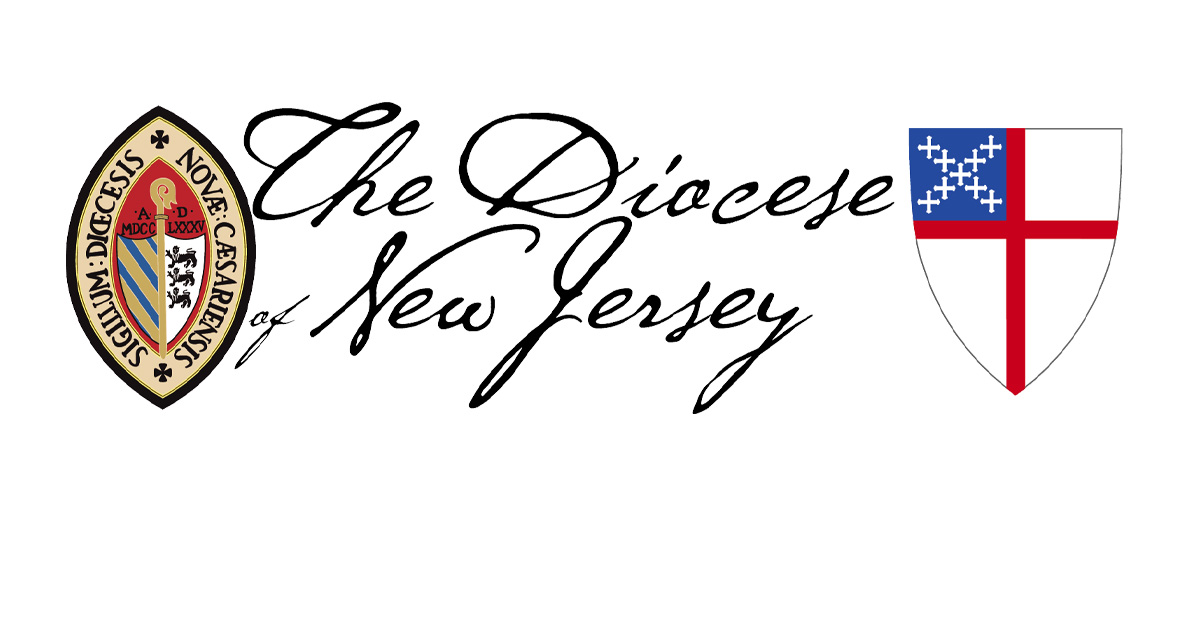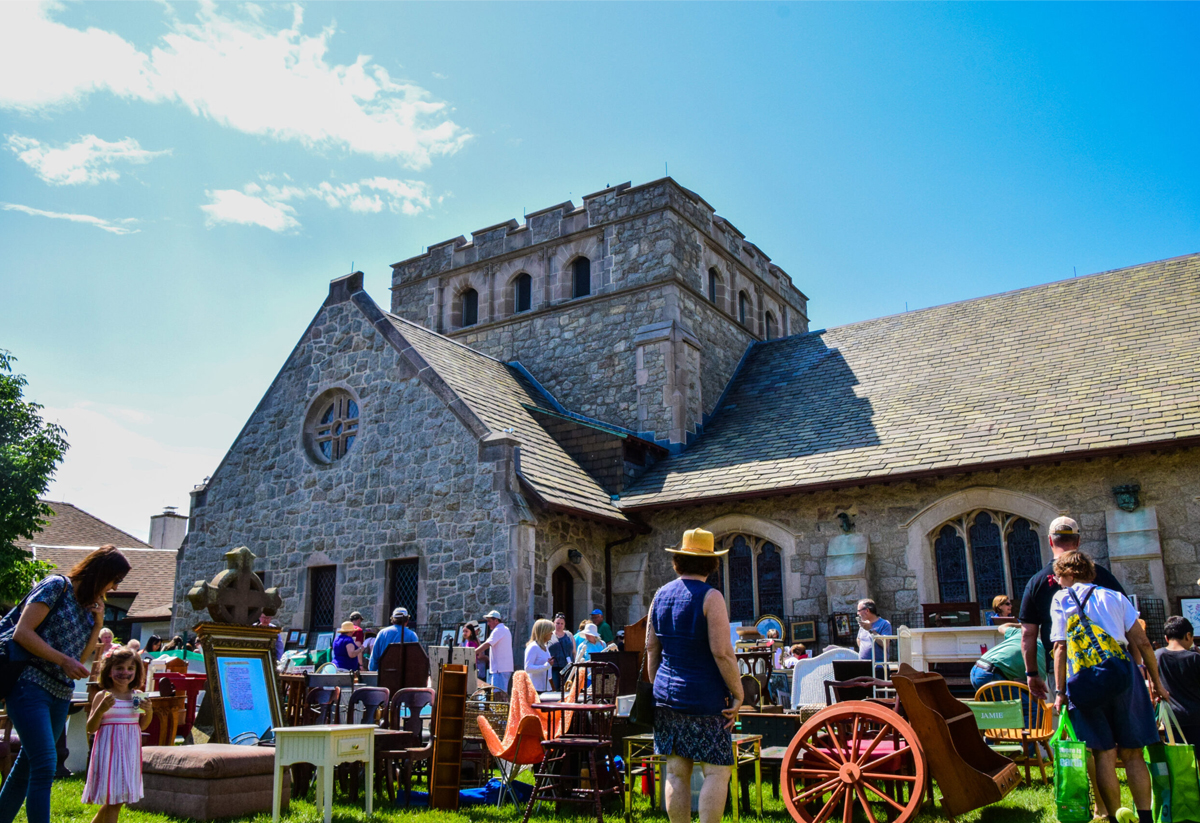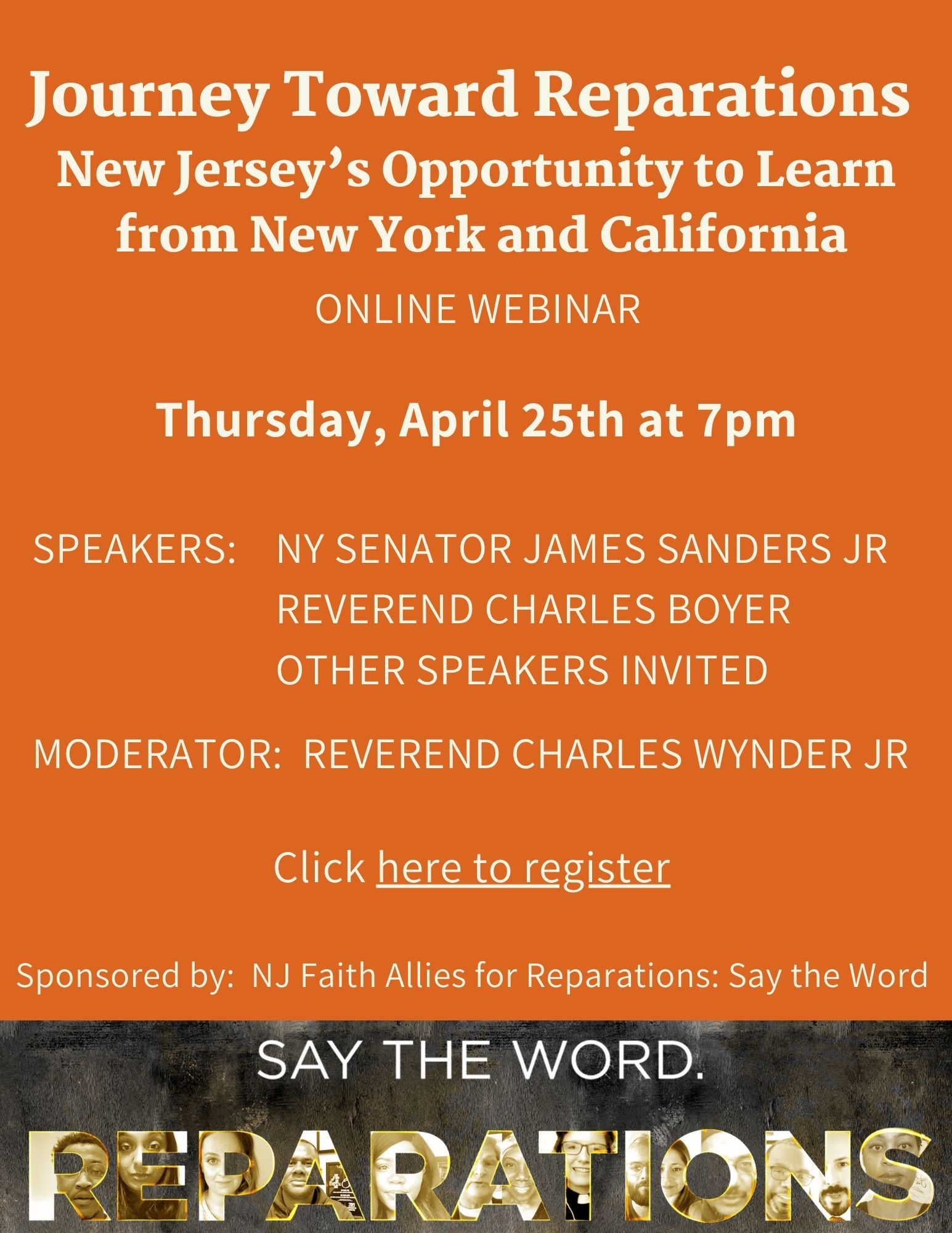The Diocese of New Jersey – Online Sermon
17 Pentecost – Proper 20 – Year B – September 19, 2021
Jeremiah 11:18-20; Ps. 54; James 3:16-4:6; Mark 9:30-37
Preacher: The Right Reverend William H. Stokes, Bishop of the Diocese of New Jersey
Then they came to Capernaum; and when he was in the house he asked them, “What were you arguing about on the way?” But they were silent, for on the way they had argued with one another who was the greatest. Mark 9:33 – 34
In the name of the Father and of the Son and of the Holy Spirit. Amen.
I’m a Ken Burn’s fan. I know I’m not alone. Ken Burns is a great storyteller. Whether he’s telling the story of the Civil War, baseball, the Mayo Clinic, our National Parks or Jazz, his documentaries are always masterful.
Tonight PBS will air the premiere of his newest four-part documentary “Muhammad Ali.” As a child of the 60s and 70s, I grew up with the story of Muhammad Ali. I remember the controversy around his conscientious objection to the Vietnam War and his refusal to be drafted along with his conversion to Islam with the consequent decision to change his name from Cassius Clay to Muhammad Ali. I remember the constant jawing between him and Sportscaster Howard Cosell and the “Thrilla in Manilla.”
Through one of my Florida parishioners who was from Louisville, I later learned of Ali’s generosity and philanthropy, of his love and concern for his hometown and community and especially through the work of the Ali Center in downtown Louisville whose expressed mission is “to preserve and share the legacy and ideals of Muhammad Ali, to promote respect, hope, and understanding, and to inspire adults and children everywhere to be as great as they can be.”[1]
Greatness. It was the theme of Ali’s life. “It’s hard to be humble when you’re as great as I am…” he once said. “I am the greatest, I said that even before I knew I was.”[2] Yup, he said that too.
But he once also said, “Service to others is the rent you pay for your room here on earth.”[3] Well that’s about greatness too, isn’t it? Today’s Gospel reading certainly rings that bell.
Today’s reading begins with Jesus’ second passion prediction. He is walking along the road from Galilee with his disciples and he is teaching them.
The first time Jesus had predicted his passion, he had been walking along with his disciples on the road to Caesarea Philippi.[4] We heard the account of that in last week’s Gospel reading from Mark, chapter 8. The disciples didn’t get it that first time. That first time, when Jesus predicted his passion, Peter rebuked him, saying, in effect, “No, no, no, that’s not what being Messiah is about. What kind of Messiah is that who suffers, is rejected and dies?”
Jesus knew exactly what he was talking about that first time though, and he rebuked Peter; dressed him down in front of all the others; saying to him, “Get behind me Satan” (Mark 8:33). Peter must have been mortified. The disciples must have wondered what was going on. They let it go, tried to forget about it.
But Jesus doesn’t let it go. He doubles down. They are all walking together again, this time on the road from Galilee (cf. Mark 9:30 ff). Jesus begins to teach them again, saying, “The Son of Man is to be betrayed to into human hands, and they will kill him, and three days after being killed, he will rise again”(Mark 9:31). Mark tells us, “they did not understand what he was saying and were afraid to ask him”(Mark 9:32).
I love the brutal honesty of the narrator of Mark in telling us this, don’t you? They are clueless. They are fumbling and bumbling along and they are clueless. They don’t get it. They don’t get it at all. They don’t understand what he is saying and they are afraid to ask him. That’s understandable. After all, look how he had jumped on Peter. They don’t want to go through that, so they just ignore him and start talking to one another. The talk leads to them arguing among one another. Jesus hears them.
Mark makes this clear. Then they came to Capernaum and when he was in the house, he asked them, ‘What were you arguing about along the way?’” (Mark 9:33).
They are busted! Busted and embarrassed. He had heard it all. And they know it. The text tells us that after Jesus pointedly had asked them what they had been talking about along the way, “They were silent….” (Mark 9:34).
You bet they were, silent and ashamed, because along the way, they had been discussing with one another Muhammad’ Ali’s great theme – “who was the greatest.” It is likely that, in their understanding, greatness involved power and privilege of place.
It is evident they had not heard or understood Jesus on the road to Caesarea Philippi; had not heard or understood him on the road leading from Galilee; had not heard or understood what he was saying when he told them that his Messianic self-understanding would be defined by service and sacrifice and suffering for the sake of others, even to the point of death; death on a cross.
So as he sits there in that house, having just confronted them, challenged them, about their priorities and about their self-interested categories of power, privilege and prestige, Jesus attempts to make it clearer for them.
Mark tells us, Jesus set them straight about himself and about what it means to be one of his disciples: “Whoever wants to be first, must be last of all and servant of all” (Mark 9:35). In an embodied parable he took a small child – children being among the most vulnerable category of persons both in his culture and in ours – and he said to them, “Whoever welcomes one such child in my name welcomes me, and whoever welcomes me welcomes not me, but the one who sent me”(Mark 9:37).
Lutheran New Testament scholar Elizabeth Johnson sums it up well when, commenting on this passage she writes, “The radical grace of God that Jesus proclaims and lives completely obliterates the world’s notions of greatness based on status, wealth, achievement, etc. Perhaps that is one reason we resist grace so much. It is much more appealing to be great on the world’s terms than on Jesus’ terms. Greatness on Jesus’ terms means being humble, lowly, and vulnerable as a child. Greatness on Jesus’ terms is risky; it can even get a person killed. But as Jesus teaches repeatedly, his way of greatness is also the path of life.”[5] And so it is.
When we welcome and serve the marginalized: children, the oppressed, welcome and serve those without power – we might think of Afghan refugees or immigrants at our borders, for example – when we welcome those who are broken through abuse and addiction, when we welcome and serve those who know they need Christ and his love or welcome and serve those who haven’t discovered that need yet….When we welcome all in his name and love we are welcoming Christ himself. When we welcome Christ, we are welcoming God.
And here is the knock-out punch: In this, Jesus assures us, is our greatness.
______________
Notes
[1] Ali Center website found at https://alicenter.org/about-us/
[2] See “30 of Muhammad Ali’s best quotes” – USA Today Sports (on-line) – June 3, 2016 found at https://www.usatoday.com/story/sports/boxing/2016/06/03/muhammad-ali-best-quotes-boxing/85370850/
[3] Art. cit.
[4] See Mark 8:27-38
[5] Johnson, Elizabeth “Commentary on Mark 9:30-37 on Working Preacher website for September 23, 2018 found at https://www.workingpreacher.org/commentaries/revised-common-lectionary/ordinary-25-2/commentary-on-mark-930-37-5


